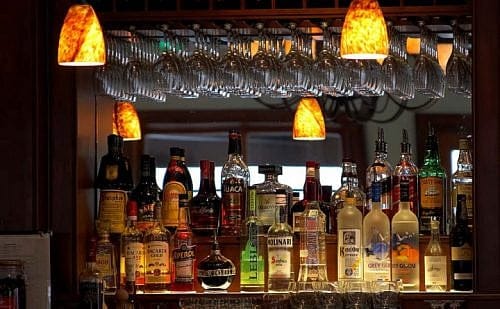Voters in Amherst will be quizzed about lowering the drinking age

STATE HOUSE — In 199 out of the state's 200 legislative districts, voters next week won't have any non-binding public policy questions to weigh in on, but in the college town of Amherst the ballot asks whether the drinking age should be lowered for beer and wine.
The notion of reducing the drinking age for certain alcoholic beverages has not received any traction in the House and Senate chambers, and the Massachusetts Department of Transportation said it has not studied the issue.

